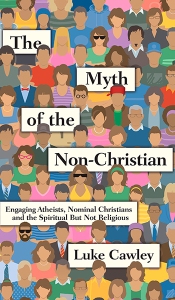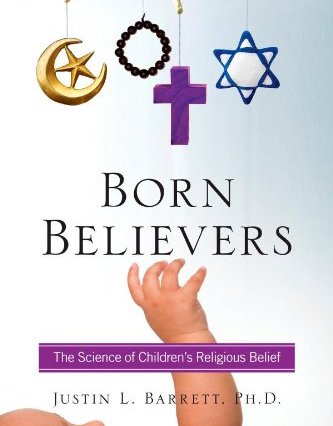
Review of ‘The Myth of the Non-Christian’
Luke Cawley, The Myth of the Non-Christian: Engaging Atheists, Nominal Christians, and the Spiritual But Not Religious (Downers Grove, IL: IVP Books, 2016). Have you ever purchased a baseball cap labeled, “One Size Fits All”? I have. Inevitably, it’s too big for my son’s head but too small for mine. One size doesn’t fit all. One size doesn’t fit all in outreach to non-Christians either. Unfortunately, our evangelistic programs and apologetics arguments often act as if they do. Based on long experience in campus ministry, Luke Cawley recognizes the need for what he calls “contextual apologetics”: the “art of formulating … Continue reading Review of ‘The Myth of the Non-Christian’


